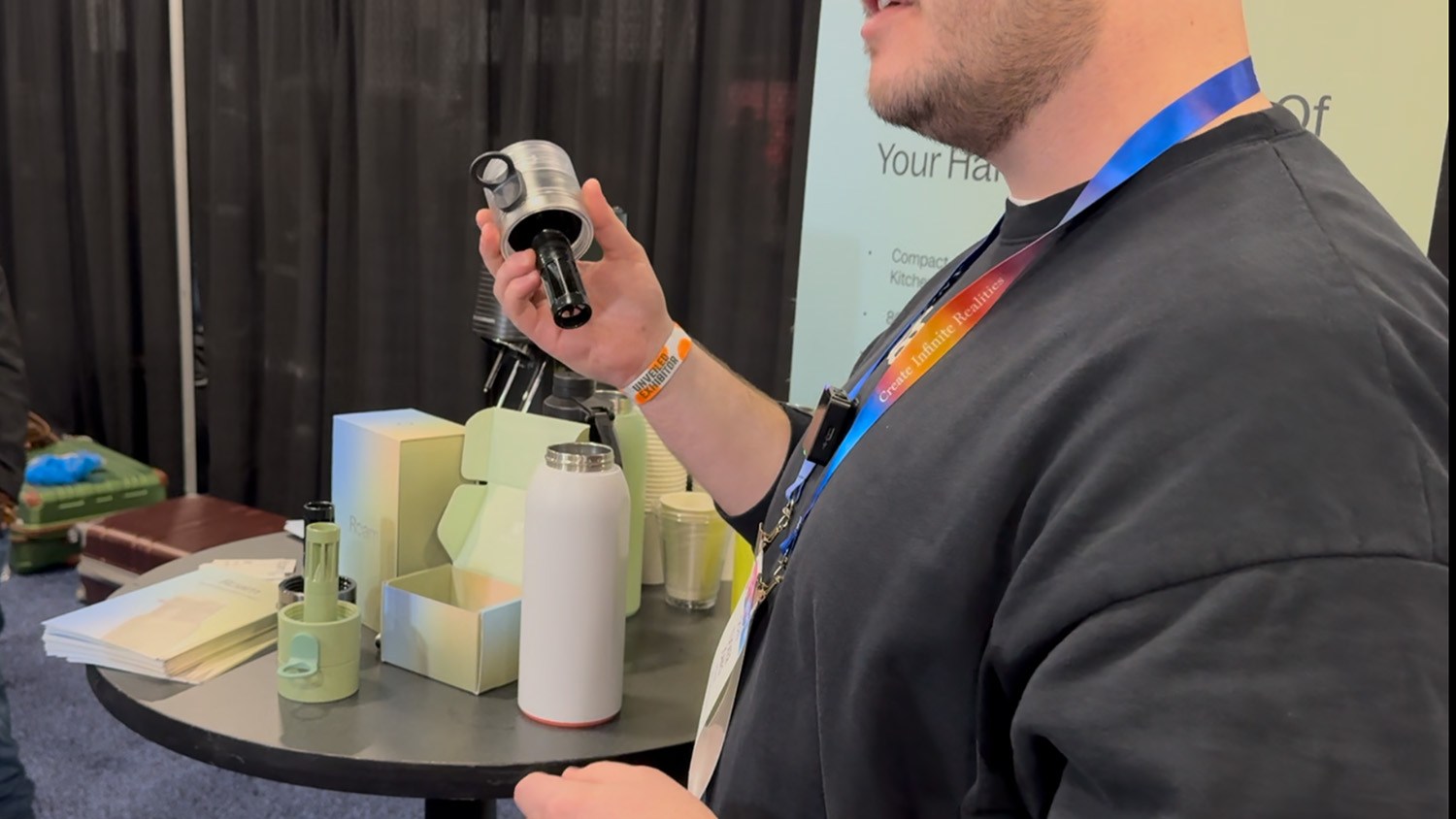When the progressive Working Families Party announced its endorsement of Sen. Elizabeth Warren for president in September, anger reverberated across the SandersForPresident Reddit page for days.
One of the Reddit group’s then-300,000 members encouraged fellow supporters of Sen. Bernie Sanders to “spy” on the Working Families Party’s activities and “organize counter events.”
On Twitter, Sanders supporters lobbed hundreds of critical messages at the Working Families Party or its leadership, which included personal attacks that called them “corrupt,” “shameless” and “bloodless scumbag hacks.” One pro-Sanders account tweeted that “slave masters” had coerced the support of the party’s national director, who is African American.
Three days after the endorsement, a WFP spokeswoman tweeted a screenshot of one message that wished she and her colleagues would “all get cancer you are f**king trash.” She also said they received private messages saying “eat sh*t and die” and “drop dead dumb c*nts.”
As Sanders surges as a top contender in the 2020 presidential race, such online harassment has become a source of derision among the Vermont senator’s critics who say his campaign’s success on social media is undermined by trends of bullying within subsets of his followers.
It’s clear that social media is notoriously a hotbed of controversial comments. Across the political spectrum, posts ranging from witty snark to harassment and abuse can be found by any candidate’s supporters. Speaking to this reality, some digital media experts say the level of hostility in pockets of Sanders’ online following outweighs that within the social media circles of his Democratic rivals.
Days after Sanders announced his bid last February, he condemned bullying in an email to his campaign representatives and encouraged them to “engage respectfully.”
But since that time, throngs of his Internet supporters have shunned that approach and continued to use ad hominem tactics to advocate for their preferred candidate.
More than a dozen social media users spoke to CNN about their experiences with bullying by Sanders supporters.
They described threats against family members, the creation of imposter accounts that resembled their own and what some described as being “swarmed,” where barrages of vitriol filled their Twitter feeds and inboxes for days after they posted something critical of Sanders.
“I had never experienced that level of aggression before,” said Patty Kasbek, a veterinary technician in Oklahoma who said she criticizes President Donald Trump on Twitter more than any other political figure but said she faced the most hostility after she accused Sanders of being misogynistic. She said she received messages such as “STFU” and “eat this” poop emoji, among other insults.
Two other targets said they were so tormented by the online attacks they faced following their public questioning or criticism of Sanders that they requested those specific circumstances not be reported for fear such harassment could start up again. Both said Sanders supporters exposed their addresses, shared their personal photos and spread information about their relatives and work colleagues.
At times, Sanders has personally intervened.
For example, when health care activist Ady Barkan, who has A.L.S., endorsed Warren in November, he was deluged with negativity from members of the Sanders crowd, some of whom accused him of selling out or being so affected by his disease that someone else must have made the endorsement decision for him. Sanders tweeted support for Barkan amidst the outrage.
In the case of the Working Families Party’s Warren endorsement, the organization’s staffers openly complained that they had been threatened. More than 100 African American leaders then signed a letter that said the party’s leadership had been attacked by self-identified Sanders supporters with words including “Uncle Tom” and “slave.”
While the backlash also included sincere questions about the Working Families Party’s policy positions and demands to see the vote tallies behind the endorsement, the scale of the harassment led Sanders to tweet, “This campaign condemns racist bullying and harassment of any kind, in any space.”
In a statement to CNN, the Sanders campaign’s deputy communications director, Sarah Ford, said, “The senator has said loudly and clearly, there is no room in the political revolution for abuse and harassment online.”
Sanders’ leads the field in social media engagement
Ben Decker, who runs the digital investigations consultancy Memetica, says he has observed higher levels of online harassment among Sanders’ followers relative to those of his Democratic rivals.
Decker says those levels can in part be attributed to the fact that Sanders communities that formed on Facebook, Reddit and Twitter during the Vermont senator’s 2016 presidential race have grown in number and activity.
Sanders now leads the Democratic field in raw measures of engagement on social media with more than 10 million followers on Twitter and 5 million likes on his campaign’s official Facebook page.
Among unofficial Facebook pages created by supporters of Democratic candidates, Sanders also leads with 2.5 million followers and roughly 58,000 posts between November and January, more than that of all other Democratic candidates combined, according to data Decker pulled from CrowdTangle, an analytics company owned by Facebook.
“Anytime you have far greater numbers, you have far greater potential for harm,” said Decker, who noted he has observed “us-versus-them” narratives within some Sanders groups that he believes amplify hostility. “Anyone who fits into that range of targets is anyone who really questions the ideals of the Bernie support community.”
Multiple staffers of rival Democratic campaigns — none of whom were authorized by their campaigns to speak on the record — argue that trends of bullying within Sanders’ online base spring not only from the scale of his social media following but also the tone of his campaign.
There’s a ‘combative’ perception of the campaign
While Sanders rejects bullying, they say, he has readily embraced a combative image on policy issues.
When Sen. Mitt Romney asked why he’s angry on Twitter last summer, Sanders replied, “I’m angry because multi-millionaires like you and Trump have rigged our economy at the middle class’ expense. … I’m angry because 34 million Americans are uninsured. Why doesn’t that anger you?”
And Sanders’ campaign has at times skirted the line between policy disagreements and personal attacks aimed at his rivals.
In January, Sanders’ speechwriter David Sirota highlighted a column in his Bern Notice newsletter that argued presidential candidate Joe Biden has a “big corruption problem.”
Sanders then apologized to Biden and told CBS News, “It is absolutely not my view that Joe is corrupt in any way. And I’m sorry that that op-ed appeared.”
Sirota, who deleted the majority of his past tweets, has readily engaged in Twitter spats. He once called his critics “mentally incapacitated” and tweeted “Welcome to the oligarchy” in response to former presidential candidate Sen. Kirsten Gillibrand’s outreach to big-money donors, according to The Washington Post. Sirota’s Twitter feed now begins in January of this year.
Sirota did not respond to CNN’s request for comment. In January, he reacted to the notion of a link between his rhetoric and harassment among Sanders supporters by tweeting, “I am not that interesting and do not deserve such attention. Really. I’m a pretty boring person just doing the work.”
Michael Trice, a lecturer on communications at the Massachusetts Institute of Technology, said the attitude of a campaign influences the attitude of the digital community surrounding that campaign.
Even if the Sanders campaign has at times admonished bullying, Trice said he thinks its staffers could do more to actively police such behavior. Trice noted that he has also been harassed and had his job threatened by Sanders supporters as he has researched the issue.
“It’s scary. It’s frightening,” Trice said. “If you’re not condemning it consistently, and if your proxies within your campaign are not working against it and trying to do something different, then that’s a real issue.”
Laura Moser, a Sanders supporter who ran as a Democratic congressional candidate in a Texas primary in 2018, said bullying in the Democratic Party is hardly unique to a single campaign.
She said numerous social media accounts that blamed Sanders for Clinton’s 2016 loss harassed her during her campaign, “because they perceived that I was running against the establishment.”
Peter Daou, a political consultant who previously advised Hillary Clinton but who now supports Sanders, said the notion that the tone of the Sanders campaign has encouraged such behavior is unfair and misguided.
“You’re taking one group of obnoxious people online and you’re tarnishing an entire campaign,” said Daou, who said he has also faced personal attacks for his pro-Sanders opinions.
He said the focus on Internet bullying in Sanders’ camp has also perpetuated a false stereotype that the majority of Sanders’ base is made up of young, white, tech-savvy men — as described in other articles as “Bernie Bros” — which he said disregards the diversity of the Sanders coalition.
2020 candidates’ strong internet presence
Darren Linvill, an associate professor at Clemson University who studies social media and disinformation, said that although Sanders has the largest social media following among Democratic candidates, he hasn’t led by every metric.
Five of Andrew Yang’s most popular hashtags were used in 3.4 million tweets between November and January, as compared to about 2 million tweets with five of Sanders’ most popular hashtags during that period, according to Linvill’s analysis.
Although Sanders’ Twitter account was mentioned 12.5 million times compared to 5.6 mentions of Yang’s account, Linvill said people almost always use hashtags to voice support, whereas the total mentions of a Twitter account demonstrate overall interest.
“Yang has clearly been the most successful at getting his supporters to hashtag him on Twitter,” Linvill said. “Love him or hate, however, everyone wants to talk about Bernie.”
Linvill said that while some inauthentic accounts he believes to be Russian have supported Sanders on social media, as an indictment from former special counsel Robert Mueller’s investigation said occurred during the 2016 campaign, his analysis suggests the vast majority of pro-Sanders online activity is genuine.
Ben LaBolt, a Democratic strategist and former press secretary for former President Barack Obama’s 2012 campaign, said every campaign wants a large base of social media support, but if the tone of that support becomes divisive and turns some potential voters away, then that could become a liability.
“It’s a double-edged sword,” LaBolt said. “The grassroots organization tremendously helped Sanders get to where he is today, but parts of it could hinder where he needs to go.”













